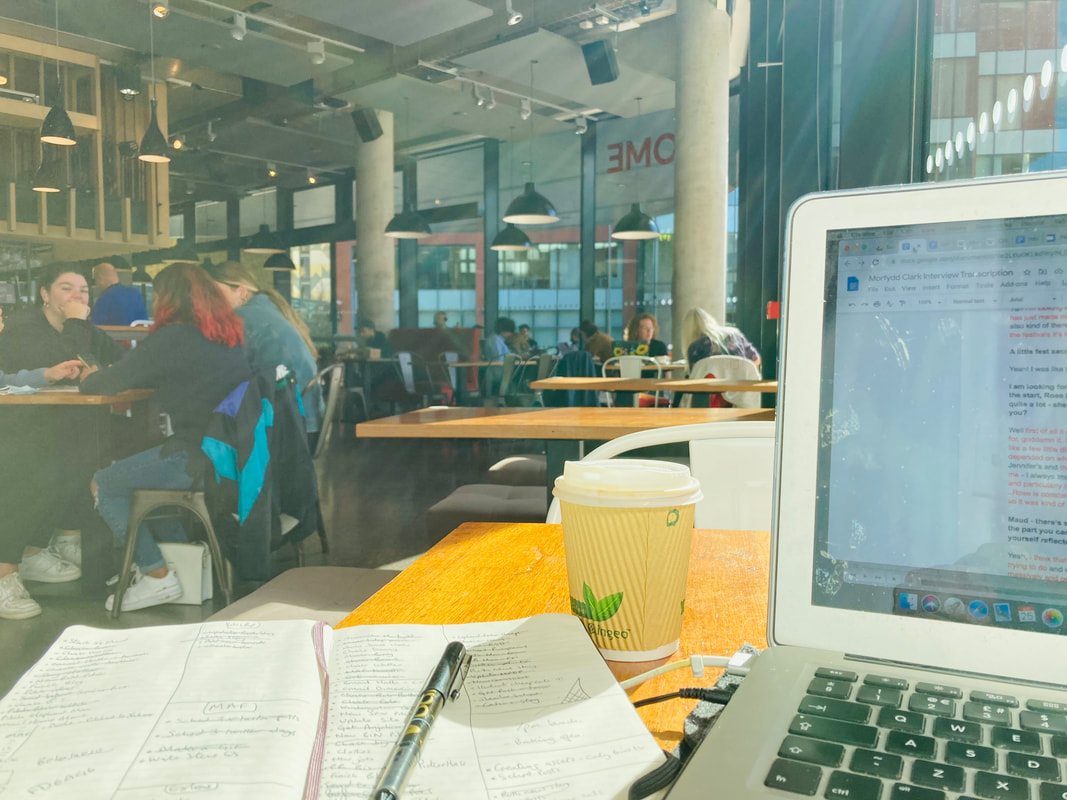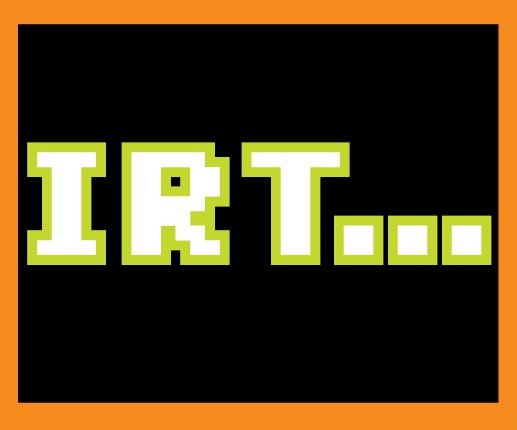Then there’s the wees. On average, the pre-chat jitters result in anywhere between one to five bathroom breaks as anxiety manifests itself in urine-form. The bigger the name, the more wees I can usually expect. They don’t teach you that in journalism school. All this nonsense and we haven’t even touched upon the chat itself. Basic stuff like making sure you’re clued up, don’t say anything stupid or accidentally come over disinterested during a particularly rambly anecdote. Can they tell that was a fake laugh? Sure hope not. With that in mind, here’s a few interview tips that I’ve learned the hard way so you don’t have to…
|
Every time I interview someone I still get really nervous. You’d think it’d get better the more you do but it never seems to go away, for me at least. When discussing encounters with famous folk, some say: ‘Well, they’re just people, right?’ Like regular social encounters aren’t also tricky to navigate situations peppered with the potential for world-ending embarrassment. When it comes to talking to someone who you know full well has absolutely no good reason to be talking to you, that acute anxiety is amped up to the max. Before my phone rings or I punch in someone’s number, I take steps to give my energy levels the necessary caffeine-boost or chamomile-calm required to let me sit somewhere between peppy and personable, and twitchy and indecipherable. It’s a weird science. Then there’s the wees. On average, the pre-chat jitters result in anywhere between one to five bathroom breaks as anxiety manifests itself in urine-form. The bigger the name, the more wees I can usually expect. They don’t teach you that in journalism school. All this nonsense and we haven’t even touched upon the chat itself. Basic stuff like making sure you’re clued up, don’t say anything stupid or accidentally come over disinterested during a particularly rambly anecdote. Can they tell that was a fake laugh? Sure hope not. With that in mind, here’s a few interview tips that I’ve learned the hard way so you don’t have to… It should go without saying — but do your research. There’s nothing worse than speaking to someone and knowing absolutely nothing about what you’re supposed to be talking to them about. You can’t hide it. It will become clear and you’ll both feel awkward. If someone with some clout has taken time out of their schedule to speak to you, the least you can do is watch their movie, binge their series or read up as much as you can on the project they’re trying to promote. Stars will usually roll out the same old anecdotes when prompted — but they still need prompting. Doing your research will help ensure you get the best out of your interviewee. Contrary to what I’ve just said, it’s also worth remembering that, as a journalist, it’s your job to find the story — and by definition that requires you to not know everything. Don’t confuse this with not doing your homework — do your homework — but realise that you’re not as involved in a project as the person you’re talking to and as such, it’s impossible for you to know everything about it. In fact, you shouldn’t know everything about it. It’s your job to translate their product into a story that’s accessible to the average person on the street who knows zilch about the topic at hand. Being a little unaware helps you see things from a different angle and if, during your interview, you find something odd that’s worth pursuing — pursue it. Your finished article will thank you for it. Just like public speaking, a surge of adrenaline can make it all too easy to speed through your interview questions and make a twenty minute chat last a whirlwind five minutes. Don’t let this happen. Remember to breathe and take your time. There’s plenty of additional factors that can heighten the situation: a publicist listening into your call, the need to get a specific set of quotes from an interviewee within a limited time frame — try not to focus on these and go with the flow instead. Take time to get comfortable. Ask your interviewee how their day has been. Thank them for taking the time to talk to you. Go slightly off-piste. When time is running out, odds are those small niceties you dished out earlier will encourage your interviewee to to stick around a little longer. While you often can’t predict how your interviews will go, you can certainly try to add some structure to ensure they hit all the beats you’d like them to hit. Planning and pacing your interview questions will do wonders in keeping things on track and ensuring you don’t accidentally gloss over avenues that may lead to meaty stories full of flair, humour and snappy quotes. Try to structure your conversation as you would your finished piece. Settle into the introduction and let your interviewee set the scene. Spend some time digging into one or two interesting subtopics related to your subject’s career or project. Then, when your time is running low, try to find a natural closer that’ll end your conversation on a well-balanced, natural high-note. If you’ve done your research, this should be quite easy to implement — and should hopefully lead to a more fruitful chat. It sounds obvious but manners go a long way — use them. If you’re speaking to someone who’s half-way through a day-long junket and you’re nestled right in the middle of their back-to-back interview schedule, then they might — understandably — be a little low energy. The last thing they need is to come face-to-face with someone who’s prickly or a little short. Be polite and peppy. In an industry that’s (for better or worse) based around connections, recommendations and contacts that can help you secure a commission in a spot, a smile and a little levity go a long way to ensuring you can continue doing what you love for the foreseeable future.
1 Comment
|
Author: Simon Bland
|


 RSS Feed
RSS Feed
